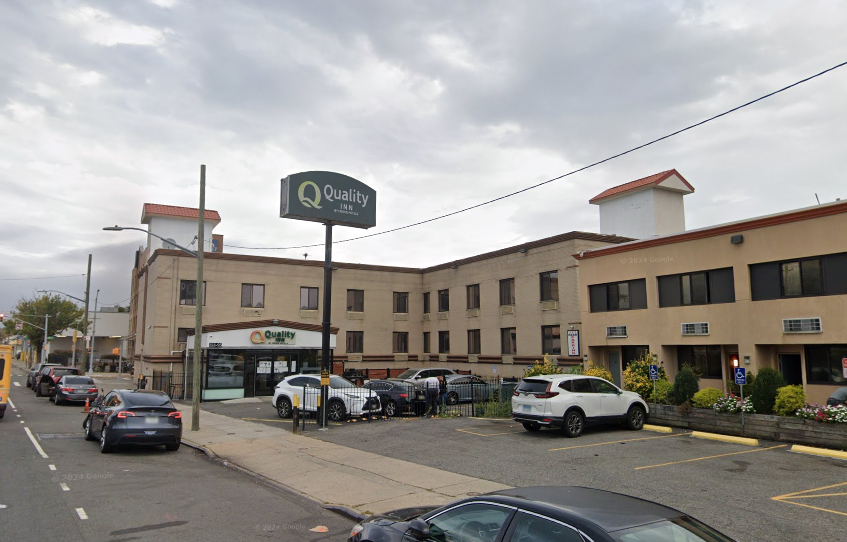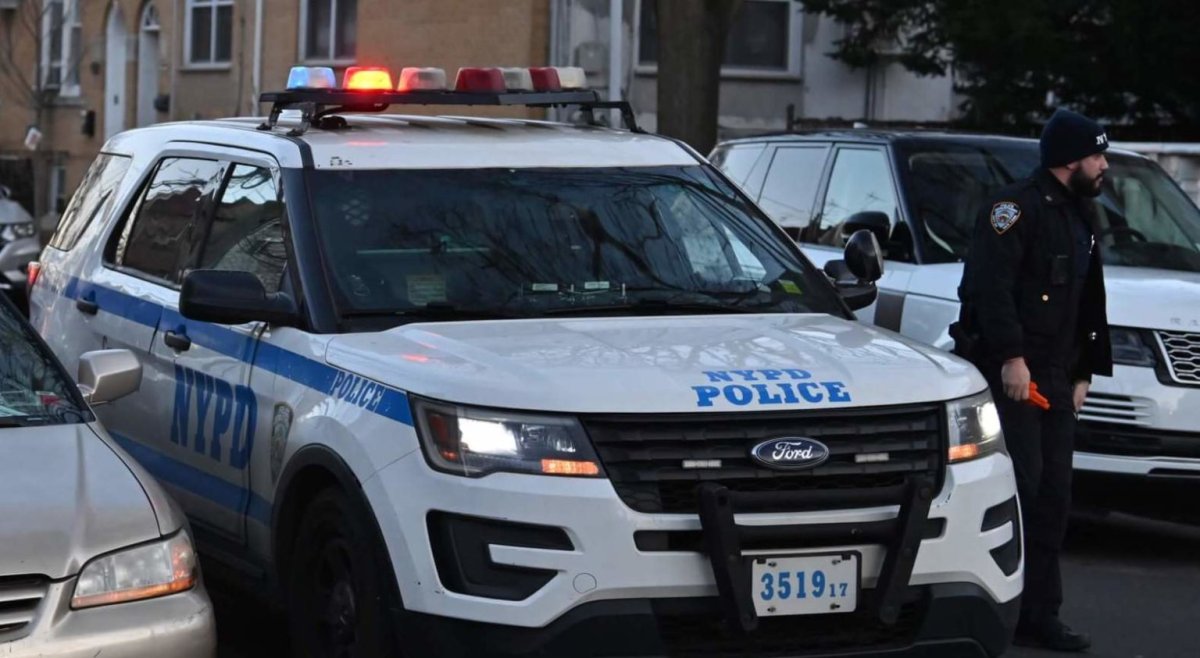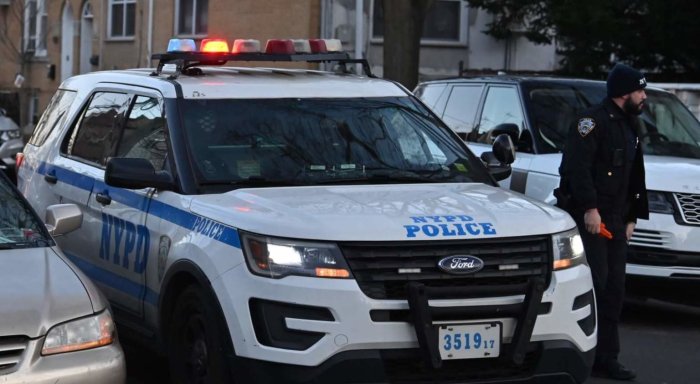BY PAUL SCHINDLER | You can’t swing a dead cat in Manhattan without hitting a politician willing to denounce President Donald Trump in no uncertain terms. Among the justified knocks on the new White House occupant is that his agenda will have a corrosive impact on the faith Americans place in the power of government to play a positive role in their lives. Healthcare, protection of the environment, productive relationships with longtime US allies, and the tradition of welcoming immigrants to our nation all seem to be on the chopping block.
It’s all for the good that New York’s elected officials are willing to mount resistance to the odious and often ill-conceived initiatives of the new president. But, at this critical moment, opposition is not enough. Progressive leaders have a responsibility for showing they can bring meaningful improvements for those who elect them. Our local politicians must seize the initiative.
One place where the City Council can play a hugely productive role is in protecting millions of rental tenants from harassment by landlords, particularly unscrupulous ones eager to replace rent-stabilized residents in their buildings with new tenants willing to pay higher rents.
The Council is currently weighing a package of 12 reforms, dubbed the Stand for Tenant Safety legislation, that would shine a much-needed light on the processes of landlords undertaking significant renovations of their properties. In too many cases documented by tenant advocacy groups and elected officials, landlords use such construction as a means of harassing tenants and forcing them to leave.
This outrageous practice must stop.
The measures under consideration would increase city oversight of such construction and make agencies accountable for carrying out such responsibilities, require landlords to correct emergency problems that necessitate tenants vacating their premises, stiffen fines for bad behavior by landlords and strengthen the city’s leverage in collecting such fines, provide transparency on what representations landlords have made about their renovations and what rights tenants have while they are being undertaken, and enhance coordination among the major city agencies responsible for tenant health, safety, and security.
There is no doubt that the 12 proposed measures enjoy wide support. Eleven members of the Council — including seven from Manhattan — are sponsors of one or more of them. Manhattan Borough President Gale Brewer held a January forum where she championed the package of reforms; and Council Speaker Melissa Mark-Viverito, an eighth Manhattan representative, endorsed the broad outlines of the package in her recent State of the City Speech.
Still, of the 12 bills, which were first introduced in 2015, five have not yet gone before Brooklyn Councilmember Jumaane Williams’ Housing and Buildings Committee. It’s time for Williams to hold hearings on the remaining bills and for Mark-Viverito to move the entire package to the Council floor for an up or down vote.
New York City has an opportunity to show what progressive government can deliver for its citizens — but for thousands of residents citywide facing hostile landlords, time is of the essence.
Paul Schindler is editor of our sister publications, Manhattan Express and Gay City News.

































